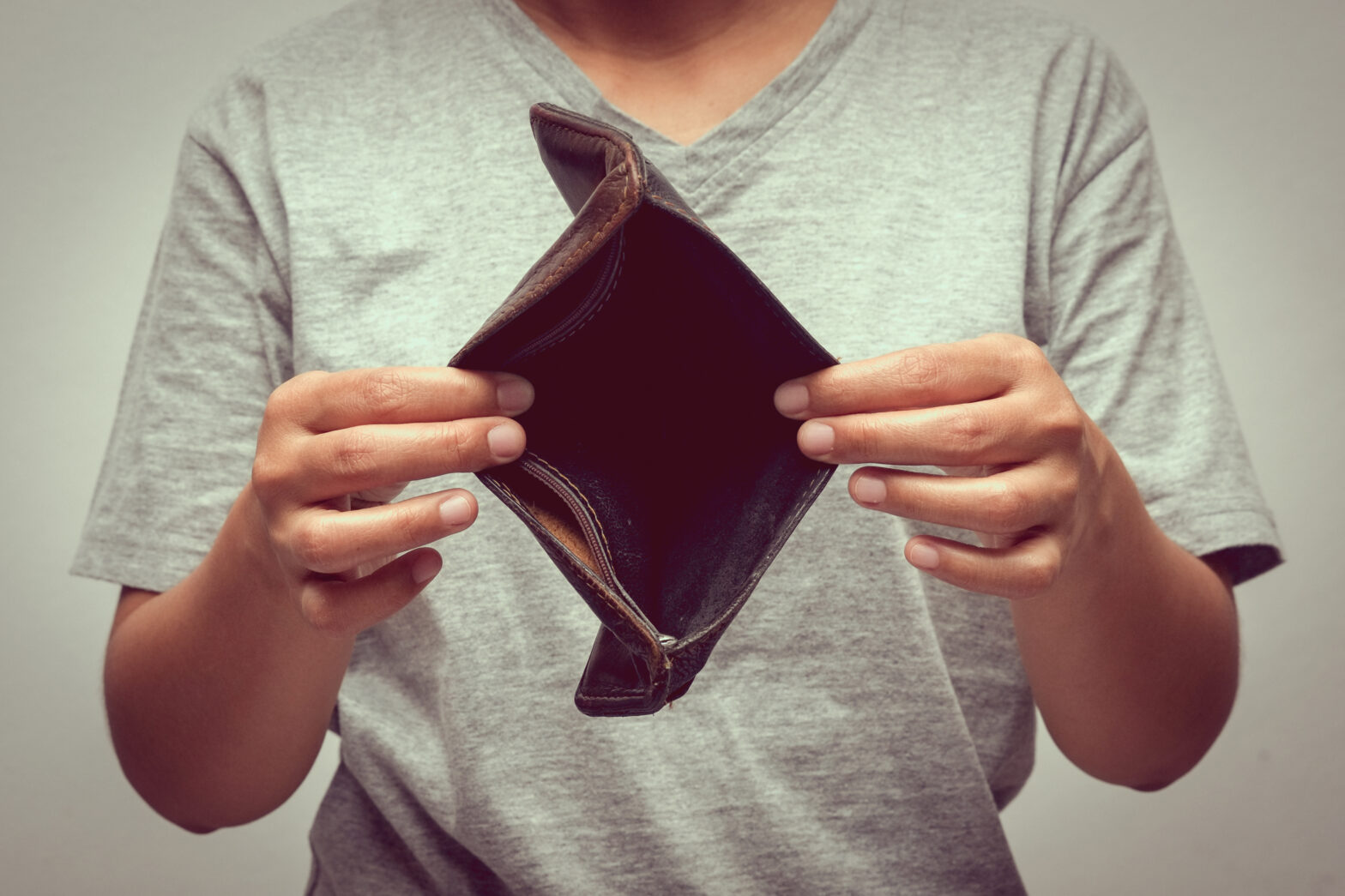According to a report by The Demand Institute, 1.2 billion more people will gain internet access by 2020 which, together with the increase in smartphone penetration and new digital payment systems, will enable two billion ‘unbanked’ consumers to participate in the connected economy and basic financial services for the first time.
Louise Keely, president of The Demand Institute says, ‘What happens when a consumer accesses the internet is similar to what happens when a baby starts to walk – a whole world of exploration opens up including new shopping patterns.
‘However, alongside the long-underserved developing economies, the proliferation of cashless payment services will also benefit those in advanced markets as new competitors and business models dive in to meet the needs of every imaginable consumer use-case.’
Keely adds that, across the planet, traditional banks and credit card networks will compete directly with retailers, telecom providers, tech giants, social media upstarts, and scores of regional, often government-backed initiatives.
The payments industry will change in three fundamental ways, she adds. Firstly, the number of transactions will rise while average transaction size will fall due to billions of new customers and current customers using them for a greater proportion of purchasing, often smaller items.
Secondly, indirect revenue opportunities will increase as cashless payments become more integrated into the rest of consumer’s financial and digital lives enabling more personalised and relevant products to be offered.
Finally, the revenue earned per transaction by payment providers will fall due to more competition and cellular network transactions being cheaper to process than traditional payments.
Keely says, ‘Businesses need to pay attention to the cashless payments revolution taking place around the world in countries such as India, Nigeria and Bangladesh, as the solutions being developed to solve local problems could turn out to have a big impact there.’





